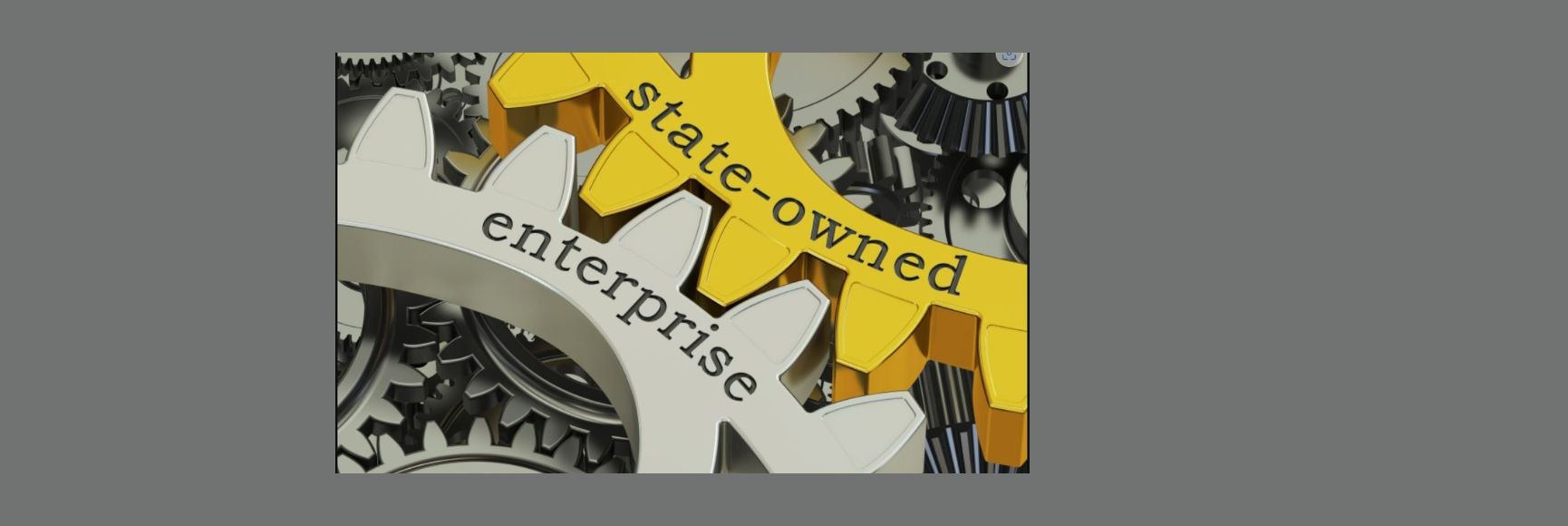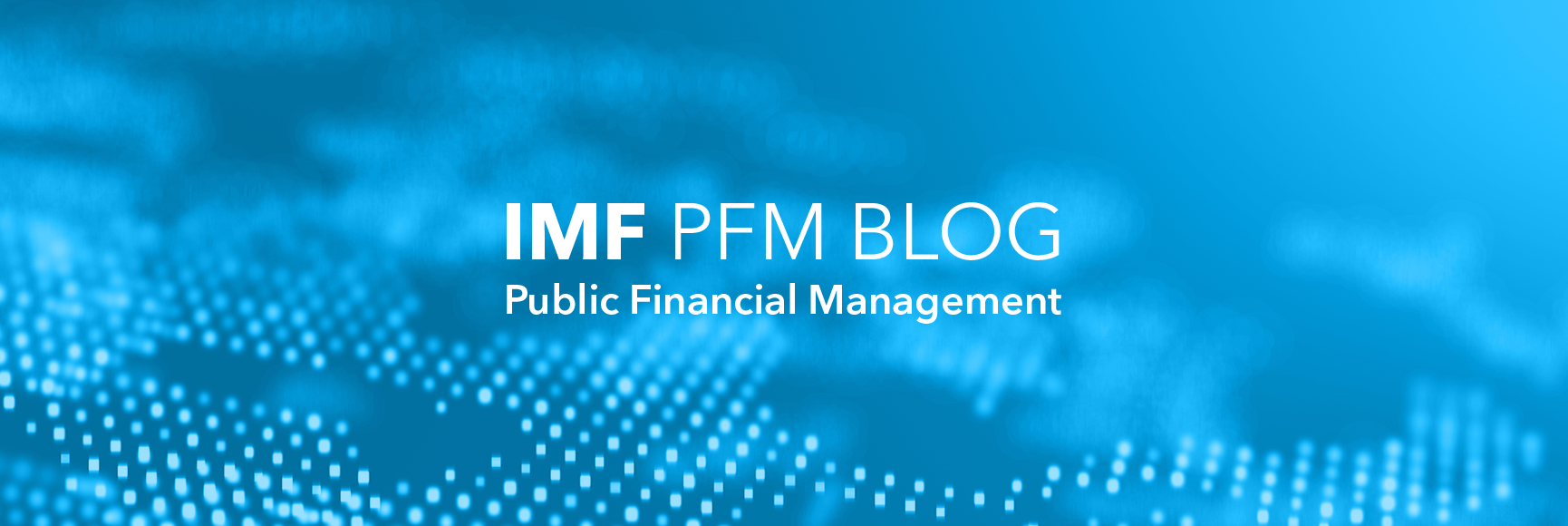During the past three years, the global economy has been buffeted by numerous unanticipated shocks. These include the Covid-19 pandemic, various climate-related events, and more recently the war in Ukraine. In Sub-Saharan Africa, these shocks have put economies under increasing stress resulting in larger budget deficits and elevated public debt levels. All of this is happening at a time when central banks are raising interest rates to combat inflation.
The external global shocks have revealed underlying financial and fiscal vulnerabilities that were not visible during better economic times. This has been particularly dramatic in the State-Owned Enterprises (SOE) sector of many African countries. At a recent workshop hosted by the IMF’s AFRITAC West II Center in Accra, Ghana, 14 countries[1] from across the continent came together to share experiences and lessons on how to better manage SOE risks. SOEs, also known as public corporations, account for a large share of economic activity in Africa.
On average, countries reported that their SOEs accounted for between 30 – 50 percent of GDP. They dominate national utilities such as electricity, water, and sanitation services. Large SOEs could also be found in areas such as aviation, national ports, roads, the health sector, and tertiary education. Some SOEs supply public goods that could not be easily delivered by the private sector. Yet, the SOE sector in all the 14 countries poses a significant burden on the budget due to the complex fiscal risks they generate which tend to crystallize during bad economic times.
The channels for SOE risk transmission include non-remittance of taxes, royalties, and dividends; fluctuations in the value of equity; frequent requirements for operating subsidies; large capital injections[2]; as well as periodic bailouts, sometimes occasioned by quasi-fiscal activities[3] that were not budgeted. In many cases, these risks are not being transparently reported which impacts negatively on accountability. Through individual country case studies, it was established that weak governance arrangements are often the root cause of these challenges, sometimes leading to outright corruption through mis-procurement and “creative accounting”. Causes of weak governance include assigning the financial oversight of SOEs to line ministries rather than the finance ministry.
The workshop considered possible interventions to mitigate SOE risks to the budget. Participants underscored the importance of understanding the local context as well as the political forces at play in the SOE sector which can influence, for example, the appointment of board directors. Several countries such as Kenya, Malawi and South Africa had applied the IMF’s set of analytical tools including the SOE Health Check Tool and the SOE Stress Test to better understand the nature and magnitude of the fiscal risks and thus target interventions on those companies with the greatest risk exposure.
Most SOEs in the countries represented use International Financial Reporting Standards (IFRS) or close derivatives for their financial reporting. This requires strict accounting rules to be followed for the reporting of SOE balances and transactions and detailed associated disclosures. In a number of cases, the reporting is not currently of the required standard as evidenced for example by negative audit reports.
Some countries have instituted direct controls on the extent of guarantees that can be assumed by the sector, reduced lending to SOEs, and have tried to rationalize quasi-fiscal activities. While politically challenging, restructuring of entities might be necessary where the risks begin to endanger macroeconomic stability. Some reforms are more technical in nature and can be initiated in a phased manner. Notably, strengthening systematic monitoring and reporting of SOE performance can lead to greater transparency and accountability.
Comprehensive and regular information flows on SOE financial and non-financial performance allows key stakeholders to provide oversight and make non-compliance more costly for SOEs. To avoid nasty surprises during the expected economic downturn, SOE monitoring and risk management should become everyone’s business.
[1] The participating countries were Botswana, Eswatini, Gambia, Ghana, Kenya, Lesotho, Liberia, Malawi, Nigeria, Sierra Leone, South Africa, Uganda, Zambia, and Zimbabwe.
[2] In South Africa, the Government has had to assume massive debts of about US$26 billion from the SOE responsible for electricity generation due to operating requirements and large maintenance backlogs.
[3] For instance, ZAMPOST in Zambia is expected to provide communication services and coverage of remote areas which are not viable for business. However, the government does not compensate it fully for undertaking such activities.



